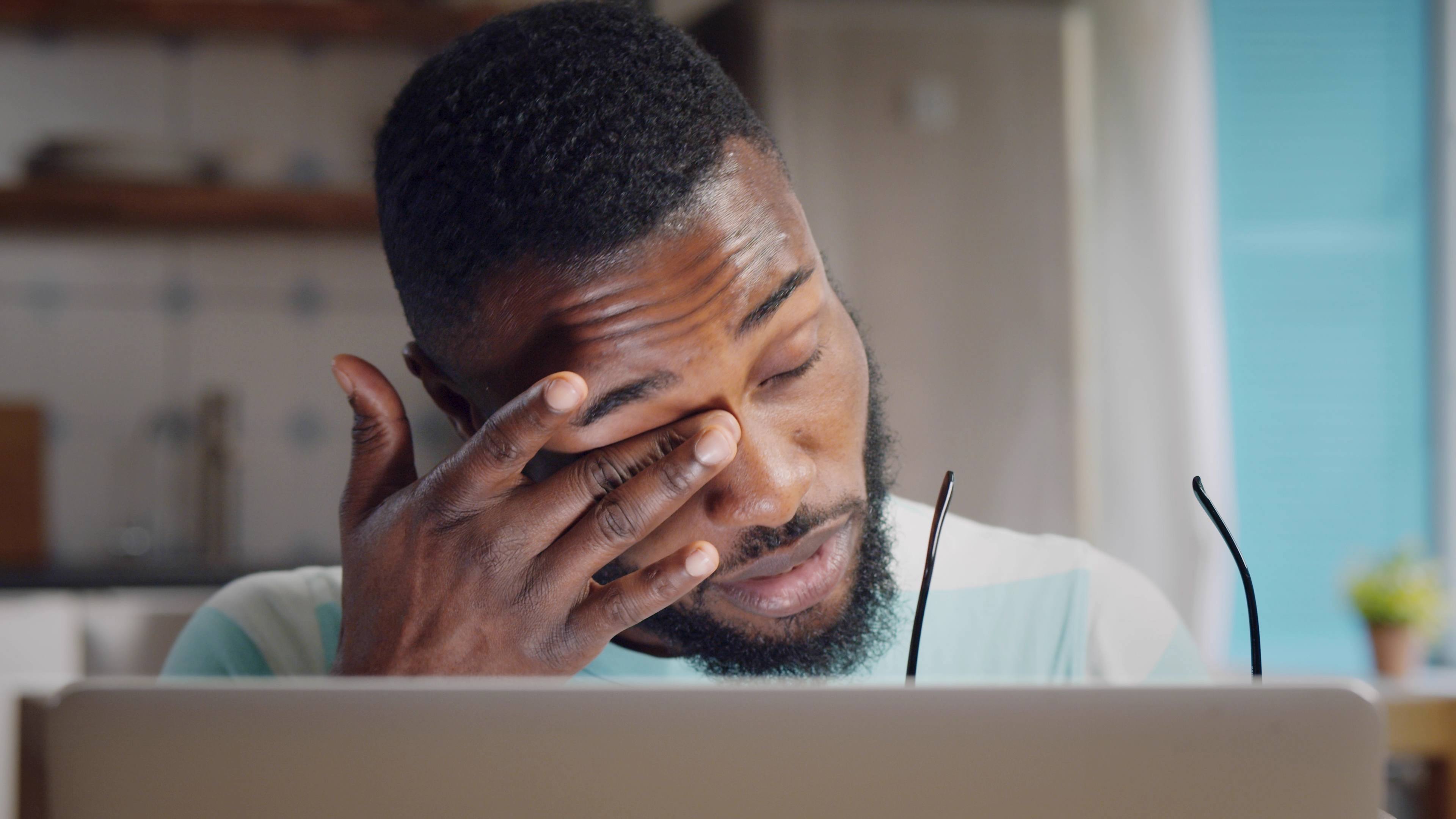-
Sharing Mayo Clinic: Hitting the high notes after battling a rare tumor

Mackenzie Rolison had been singing in choirs for years when she was diagnosed with a rare tumor. It required surgery that significantly affected her vocal cords. But after receiving further treatment from a multidisciplinary Mayo Clinic team, Mackenzie was thrilled to regain her voice.
Singing has always been a big part of Mackenzie Rolison's life. She auditioned for her school's choir in seventh grade and continued in choir throughout high school. But for a time, as Mackenzie weathered a series of medical challenges, her voice faded, and the outlook that she would regain her ability to sing seemed bleak.
It started in 2015 when, during a routine eye exam her junior year, an ophthalmologist told Mackenzie that her optic nerves were swollen. She had an MRI to investigate, and the imaging revealed a serious problem: a mass at the base of her skull and upper neck.
Mackenzie's mom made an appointment for her at Mayo Clinic's Rochester campus in September 2015. There Mackenzie had another MRI and a CT scan. Then she met with otolaryngologist Colin Driscoll, M.D., and neurosurgeon Michael Link, M.D. They told her she had a paraganglioma — a rare benign tumor by the jugular vein at the base of her temporal bone. Of 1 million people, only about 3 to 8 are diagnosed with this type of tumor each year.
Although the tumor was not cancerous, if left untreated, it would lead to serious health problems. "It's slow-growing, and eventually begins to affect nerves and function in that region, causing problems with swallowing, voice, hearing loss, dizziness, facial paralysis and shoulder weakness," Dr. Driscoll says.
Facing a daunting diagnosis
The three available treatment strategies for paragangliomas are observation, radiation therapy or surgery, but only one was a good choice for Mackenzie.
"Because she was so young and had a large tumor, we were less enthusiastic about radiation due to the potential to develop malignant tumors and the need for very long-term tumor control," Dr. Driscoll says. "Surgery was the most logical treatment option for her."
Unfortunately, Mackenzie's voice and swallowing nerves were extensively involved in the tumor, and surgically removing the tumor put those nerves at risk.
"We knew if we were going to cure her, there was little chance of saving her nerves that control voice and swallowing," Dr. Driscoll says. "My heart sank because I knew singing was the one thing she wanted to do."
"I appreciated that they treated me like I was a young adult instead of a kid."
Mackenzie Rolison
After talking it over with her care team, Mackenzie decided to move forward with surgery despite the possibility she could lose her voice. The surgery was scheduled for Oct. 12, 2015. "Dr. Driscoll and Dr. Link are very knowledgeable," Mackenzie says. "I appreciated that they treated me like I was a young adult instead of a kid."
To ensure the best possible outcome, the surgical team proceeded with a careful and comprehensive approach. "It's a long, complicated operation that requires a multidisciplinary team and intraoperative nerve monitoring to reduce the risk of facial weakness and shoulder muscle dysfunction, and to give us a chance at preserving her voice," Dr. Driscoll says.
Finding her voice again
When her surgery was complete, the paraganglioma was gone, but so was Mackenzie's voice. "They removed all the tumor, but my vocal cord was paralyzed," she recalls. "I couldn't talk louder than a whisper."
When her local speech language pathologist told her the likelihood of being able to sing was low, Mackenzie was devastated. "I cried for two hours in a row," she says.
And her voice wasn't the only concern. Mackenzie's palate inside her mouth — which normally closes during swallowing — also was weak. When she swallowed fluids, they would come out her nose.
To help compensate for the palatal weakness, Shelagh Cofer, M.D., a Mayo Clinic otolaryngologist, injected material into the back of Mackenzie's nose. Then otolaryngologist Dale Ekbom, M.D., injected her vocal cord with a filler substance to bulk it up and bring it closer to the middle of the voice box. That way, the functioning vocal cord could make closer contact with the paralyzed one to improve Mackenzie's voice.
Dr. Ekbom told Mackenzie that if the treatment didn't provide long-lasting voice improvement, she had the option of undergoing a surgical procedure called laryngeal reinnervation. During the procedure, surgeons take a nerve from another area of the neck and attach it to the nerve that once produced movement of the paralyzed vocal cord.
"There's no better feeling than to give a patient their voice back, especially a singer."
Dale Ekbom, M.D.
Mackenzie waited to see how her recovery would go. But in spring 2016, her voice started dropping off. She would get hoarse more quickly, and she had vocal fatigue. Unable to sing well, Mackenzie decided to schedule the reinnervation procedure.
"She was a perfect candidate for this procedure based on her young age. The younger you are, the better chance of nerve connection and growth," Dr. Ekbom says. "With reinnervation, there is a possibility of singing again if the paralyzed vocal cord can be bulked up so that it touches the other vocal cord. When there is good closure between vocal cords, they both vibrate to produce sound."
Mackenzie underwent the procedure in July 2016. Afterward, she continued to work on her voice with a speech language pathologist. Slowly, she saw progress. "It took about four months during my senior year of high school to get my full voice back," Mackenzie says. "When that happened, I felt like I could take on the world."
Mackenzie regained her ability to sing. Her voice came back so well, in fact, she earned a singing scholarship to attend Jones College in Ellisville, Mississippi, where she's majoring in elementary education.
"It's enormously lucky that she was able to sing again," Dr. Driscoll says. "To have her quality of voice is rare after this type of surgery."
"There's no better feeling than to give a patient their voice back, especially a singer," Dr. Ekbom says.
Being able to continue to do something she's so passionate about has meant the world to her. But beyond that, Mackenzie says her medical journey at Mayo Clinic also made her realize she could handle and overcome challenges.
"It gave me a lot more confidence that I could do things on my own in life," she says.
HELPFUL LINKS
- Learn more about paragangliomas.
- Read about Otorhinolaryngology/Head and Neck Surgery at Mayo Clinic.
- Connect with others talking about neuroendocrine tumors on Mayo Clinic Connect.
- Explore Mayo Clinic's Rochester campus.
- Request an appointment.







